Summer in Dallas can be scorching, making a reliable air conditioning unit essential for your comfort. Unfortunately, AC units sometimes encounter problems that can leave you sweating in the heat. Knowing the common issues and how to fix them can save you time, money, and a lot of discomfort.
One of the most frustrating problems is an AC unit that isn’t cooling properly. This issue could be due to several factors, ranging from dirty filters to low refrigerant levels. Tackling these problems head-on can restore the cool comfort of your home quickly.
Another frequent issue is strange noises coming from the AC unit. These sounds can be unsettling and might indicate a serious problem. Understanding what these noises mean and how to address them can prevent further damage and costly repairs.
In this article, we’ll explore some of the most common problems Dallas AC units face and provide straightforward solutions. By the end, you’ll have the knowledge needed to keep your AC running smoothly and your home cool all summer long.
AC Unit Not Cooling Properly
When your AC unit isn’t cooling properly, it can turn a comfortable home into an unbearable place. Several factors might cause this issue. One common problem is a dirty air filter. When the filter is clogged, it restricts airflow, making your AC work harder and less efficiently. To fix this, simply replace the filter every one to three months, especially during peak usage times.
Another possible cause is low refrigerant levels. Your AC unit relies on refrigerant to cool the air. If there’s a leak, the refrigerant level drops, leading to less effective cooling. You’ll need a professional to locate and fix the leak, then recharge the refrigerant to the correct level.
Check the thermostat settings if the AC still isn’t cooling. Make sure it’s set to “cool” and that the temperature is lower than the current room temperature. Sometimes, a simple adjustment can solve the problem. Additionally, inspect the outdoor unit. Ensure it’s free of debris and that the area around it is clear. This ensures proper airflow and helps the unit function effectively.
AC Unit Making Strange Noises
If your AC unit is making strange noises, it can be unsettling. Different sounds can indicate various issues. For example, a buzzing or humming noise might mean there’s an electrical problem. Check for any loose wiring or components, but it’s best to call a professional to avoid any risks.
A grinding or squealing noise could point to a problem with the motor or fan. This usually means that components need lubrication or that they’re worn out and need replacement. Ignoring these sounds can lead to more severe damage and expensive repairs down the line.
Banging or clanging noises often indicate loose or broken parts inside the unit. Turn off the AC and inspect it for any obvious issues like loose screws or parts. Tightening them might solve the problem. If you’re unsure, it’s safer to get a technician to take a closer look.
By addressing these common AC sounds quickly, you can prevent minor issues from becoming major repair needs. Keeping an ear out for these noises can save you from inconvenient breakdowns and ensure your AC unit runs smoothly.
Issues with AC Unit Cycling Frequently
Frequent cycling, where your AC unit turns on and off too often, is a common issue that can affect performance and energy efficiency. One possible cause is a thermostat that’s not placed correctly. If the thermostat is near a heat source, like a window or a lamp, it can get false readings and make your AC cycle more often than needed. Move the thermostat to a central location away from direct heat sources.
A clogged air filter can also cause frequent cycling. When the filter is dirty, it restricts airflow, making the AC work harder to maintain the desired temperature. This can lead to the unit cycling on and off repeatedly. Replacing the filter regularly can help resolve this issue.
If the issue persists, it might be due to an oversized AC unit. An oversized unit cools the space too quickly, resulting in short cycles. This not only wastes energy but also doesn’t allow the AC to dehumidify the air effectively. In such cases, it’s best to consult a professional to explore solutions, which might include resizing the unit or adjusting the system.
Water Leaks from AC Unit
Water leaks from your AC unit can be troublesome and frequently point to underlying issues. One common cause is a clogged condensate drain line. When the drain line is blocked, water can back up and overflow. You can clear a minor clog by using a wet/dry vacuum on the drain line. For persistent issues, it might require professional cleaning.
Another potential culprit is a dirty or damaged evaporator coil. When the coil gets dirty, it can freeze and then thaw, causing excess water to drip. Regular maintenance and cleaning of the evaporator coil can help prevent this issue. If the coil is damaged, it may need to be repaired or replaced.
A cracked or rusted drain pan can also lead to water leaks. Inspect the drain pan regularly and replace it if you notice any cracks or significant rust. Ensuring the unit is level can also prevent water from spilling over the edges of the drain pan. Addressing these problems promptly can prevent water damage to your home and keep your AC running smoothly.
Conclusion
Dealing with AC issues in Dallas doesn’t have to be frustrating. Understanding common problems like your AC not cooling properly, making strange noises, cycling frequently, or leaking water helps you address them effectively. Simple maintenance tasks, like changing air filters and keeping the system clean, can prevent many of these issues.
If the problems persist or seem too complex to handle on your own, remember that professional help is always available. Spire Heating and Air Conditioning is here to ensure your AC unit functions efficiently, providing you with a cool and comfortable home.
Reach out to Spire Heating and Air Conditioning’s air conditioning repair contractors today to schedule a service and keep your Dallas home comfortable all year round.


